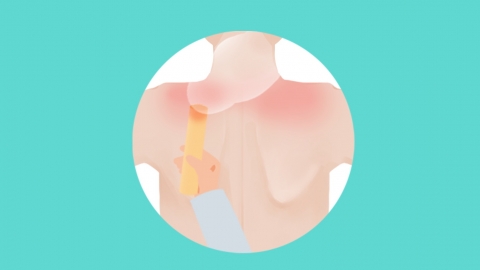Can acupuncture treat cervical spondylosis?
In general, whether acupuncture can treat cervical spondylosis needs to be determined based on specific circumstances. If it's a mild case of cervical spondylosis, treatment with acupuncture is usually effective; however, if the condition is severe, the therapeutic effect might be limited. Detailed analysis is as follows:

If the cervical spondylosis is of the cervical type or the nerve root type, which are considered mild forms, acupuncture typically achieves better therapeutic outcomes. These types of cervical spondylosis mainly present with symptoms such as neck pain, stiffness, and numbness or pain in the upper limbs. Acupuncture can improve local microcirculation, alleviate muscle spasms and pain by stimulating specific acupoints, thereby helping patients restore normal cervical function.
If the cervical spondylosis is of the spinal cord type, which is a more severe form, the effectiveness of acupuncture treatment may be relatively limited. Spinal cord type cervical spondylosis occurs when spinal cord compression results from cervical lesions, and patients may experience symptoms such as weakness, numbness in both lower limbs, and even difficulty walking. In such cases, acupuncture may not directly resolve the issue of spinal cord compression, so the treatment effect might not be significant. It is recommended that patients with this type consider surgical treatment to relieve the spinal cord compression.
During treatment, patients should pay attention to improving daily habits, such as avoiding prolonged periods of working with the head down, keeping the neck warm, engaging in moderate outdoor activities, and performing neck exercises, to promote recovery.






